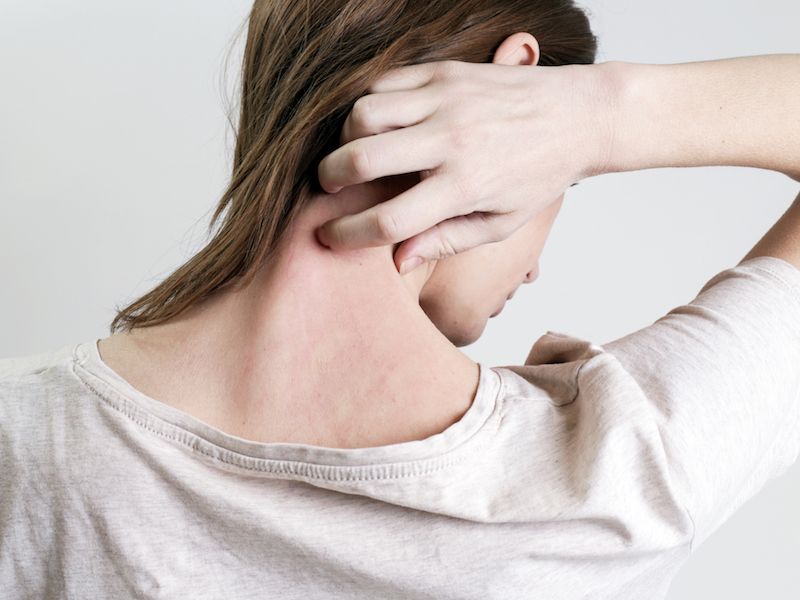
The word psoriasis normally conjures up images of people with skin issues like the ones on all those advertisements. Psoriasis goes beyond skin problems and really impacts your general health. Psoriasis is often misunderstood and minimized, due to a lack of knowledge of how psoriasis impacts sufferers as well as the serious conditions that can be related to this disorder. Psoriasis causes reactions through the whole body although skin plaques are the most familiar sign: The chance of metabolic problems that are increased by persistent irritation and cardiovascular disease.
New research enhances the body of research linking another serious problem to psoriasis: Hearing loss. Published in The Journal of Rheumatology, The relationship between mental health, hearing impairment, and psoriatic arthritis were looked at in this study. Psoriatic arthritis is a form of psoriasis where inflammation is centered around the joints, causing discomfort, difficulty with movement, and inflammation. The tell-tale plaques may not be experienced by people who suffer from psoriatic arthritis.
Like rheumatoid arthritis (and like psoriasis), psoriatic arthritis is an autoimmune illness, the sufferer’s body is basically targeting its own healthy tissue. But psoriatic arthritis is different from rheumatoid arthritis in that it’s frequently asymmetrical (so you could have it in one knee but not the other), and it doesn’t only impact joints but leads to painfully swollen fingers and toes while it targets sufferer’s nails and eyes.
Based on the findings of this recent study, hearing could also be affected by psoriatic arthritis. The study contrasted the self-reported hearing loss of individuals who have psoriatic arthritis, people who suffer from psoriasis but not psoriatic arthritis, and a significant control group of people with neither condition. They discovered that hearing impairment was more likely to be documented by the group that suffered from psoriasis, and audiometric screening supported the self-reports. Even when other risk factors are taken into consideration, psoriatic arthritis sufferers were significantly more likely to have loss of hearing than either {the control group or psoriasis sufferers}.
But that’s not to say there’s no connection between psoriasis, psoriatic arthritis and hearing loss. A 2015 study found that there is a considerably higher risk, for people who have psoriasis, of getting sudden sensorineural loss of hearing, otherwise known as sudden deafness. The ability to hear decreases considerably over three days or less with sudden sensoroneural hearing loss. There are several potential causes for this, but scientists theorize that individuals with psoriasis are at higher risk because of the type of fast inflammation that occurs during a flare-up of psoriasis symptoms. The hearing might be impaired if this occurs near or in the cochlea. This kind of hearing loss, in certain circumstances, can be aided by treatments that alleviate psoriasis., but hearing aids are often recommended when sudden deafness doesn’t react to other treatments.
If you have psoriasis or psoriatic arthritis, it’s worthwhile to observe your hearing. Schedule your annual healthcare appointment along with normal hearing exams. Disease related to inflammation can lead to inner ear injury, which can lead to loss of hearing as well as problems with balance. Psoriasis and psoriatic arthritis are both also connected with depression and anxiety, both of which can be additionally exacerbated by hearing loss. Other health issues, including dementia, can be the outcome if you don’t detect hearing loss early.
With early intervention, you can keep ahead of the symptoms by getting your hearing checked frequently and cooperating with your doctor, knowledge is essential. You shouldn’t have to sacrifice your standard of living for psoriasis or for loss of hearing, and all the difference is having the correct team by your side.
